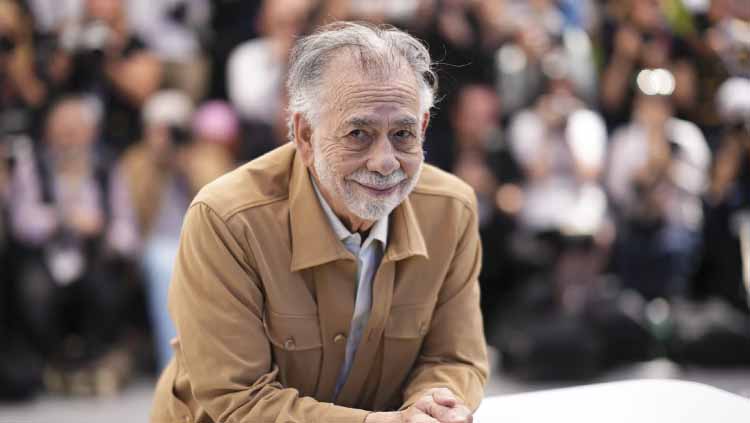Francis Ford Coppola's 'Megalopolis' is one from the heart

Entertainment
Time is much on Coppola’s mind. He’s 85 now. Eleanor, his wife of 61 years, died in April.
TORONTO (AP) — Francis Ford Coppola believes he can stop time.
It’s not just a quality of the protagonist of Coppola’s new film “Megalopolis,” a visionary architect named Cesar Catilina ( Adam Driver ) who, by barking “Time, stop!” can temporarily freeze the world for a moment before restoring it with a snap of his fingers. And Coppola isn’t referring to his ability to manipulate time in the editing suite. He means it literally.
“We’ve all had moments in our lives where we approach something you can call bliss,” Coppola says. “There are times when you have to leave, have work, whatever it is. And you just say, ‘Well, I don’t care. I’m going to just stop time.’ I remember once actually thinking I would do that.”
Time is much on Coppola’s mind. He’s 85 now. Eleanor, his wife of 61 years, died in April. “Megalopolis,” which is dedicated to her, is his first movie in 13 years. He’s been pondering it for more than four decades. The film begins, fittingly, with the image of a clock.
“It’s funny, you live your life going from being a young person to being an older person. You’re looking in that direction,” Coppola said in a recent interview at a Toronto hotel before the North American premiere of “Megalopolis.” “But to understand it, you have to look in the other direction. You have to look at it from the point of view of the older looking at the younger, which you’re receding from.”
“I’m sort of thinking of my life in reverse,” Coppola says.
You have by now probably heard a few things about “Megalopolis.” Maybe you know that Coppola financed the $120 million budget himself, using his lucrative wine empire to realize a long-held vision of Roman epic set in a modern New York. You might be familiar with the film’s clamorous reception from critics at the Cannes Film Festival in May, some of whom saw a grand folly, others a wild ambition to admire.
“Megalopolis,” a movie Coppola first began mulling in the aftermath of “Apocalypse Now” in the late 1970s, has been a subject of intrigue, anticipation, gossip, a lawsuit and sheer disbelief for years.
What you might not have heard about “Megalopolis,” though, is that it’s an extraordinarily sincere message from a master filmmaker nearing the end of his life. Giancarlo Esposito, who first sat for a reading of the script 37 years ago with Laurence Fishburne and Billy Crudup, calls it “some deep, deep dream of consciousness” from Coppola.


